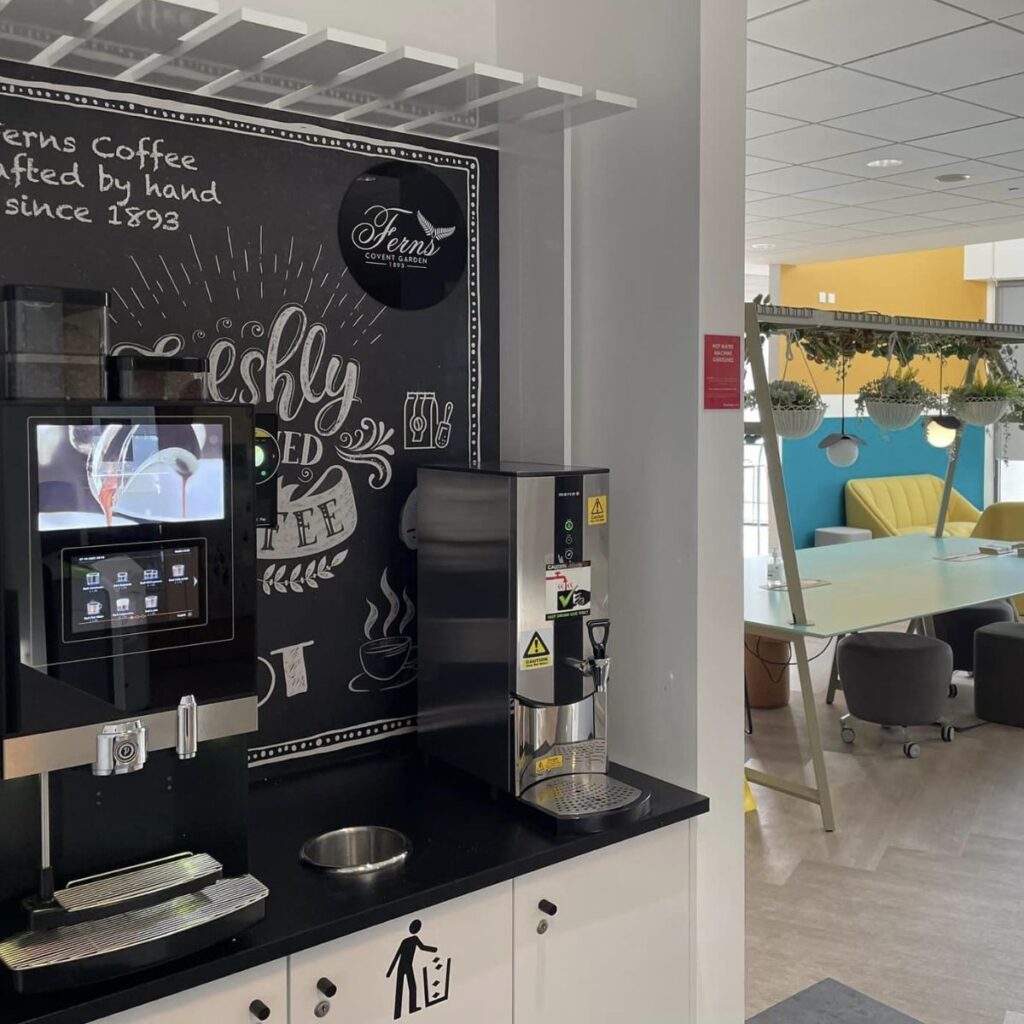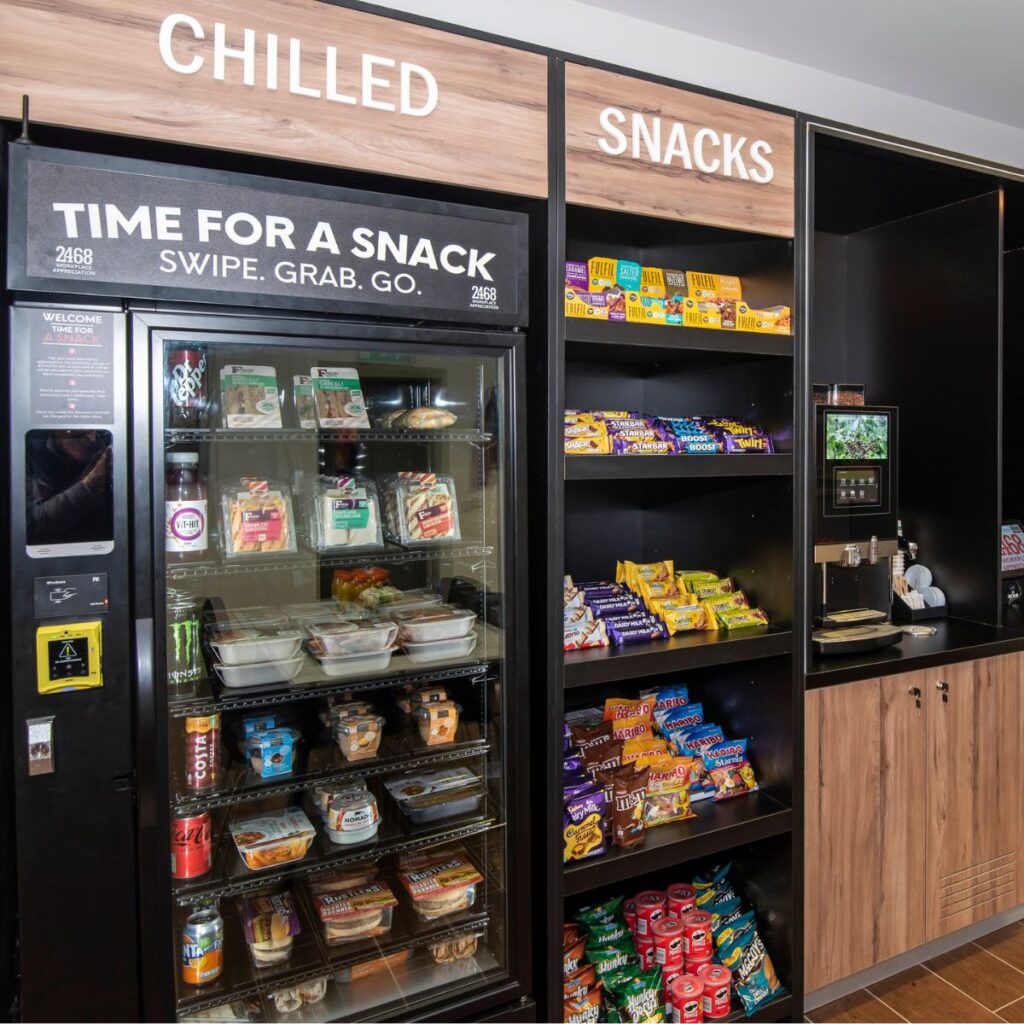In today’s fast-paced work environment, it’s easy to get caught up in the never-ending cycle of tasks and deadlines. Many employees find themselves working long hours without taking breaks, thinking that they’re being more productive. However, research suggests that breaks are not just a luxury but a necessity in the workplace. In this blog, we’ll explore the importance of breaks in the workplace, focusing on how they can enhance productivity and well-being.
Increased Productivity
One of the common misconceptions about breaks is that they reduce productivity. However, the opposite is often true. Regular breaks can help employees maintain focus and energy levels, ultimately leading to increased productivity. Here’s how:
- Improved concentration: Taking short breaks throughout the day can help employees maintain their focus on tasks. The brain needs intermittent rest to stay sharp.
- Enhanced creativity: Stepping away from your work for a brief break can stimulate your creativity and problem-solving abilities, allowing you to approach challenges with a fresh perspective.
- Reduced burnout: Prolonged periods of work without breaks can lead to burnout, which can have a detrimental impact on productivity. Breaks help prevent this by providing employees with much-needed rest.

Enhanced Well-being
Workplace breaks contribute significantly to overall employee well-being. Here’s how:
- Stress reduction: Breaks provide a chance to relax and recharge, helping employees manage stress and anxiety. Even a short walk or a few minutes of deep breathing can make a difference.
- Physical health benefits: Regular breaks can help prevent the negative health consequences of prolonged sitting, such as back pain, eye strain, and reduced circulation.
- Social interaction: Short coffee breaks often encourage social interactions among colleagues, fostering a sense of camaraderie and reducing feelings of isolation.

Increased Job Satisfaction
Employees who are encouraged to take breaks and manage their time more effectively are often more satisfied with their jobs. When employers appreciate and support the well-being of their workforce, it can lead to:
- Improved morale: Employees who feel appreciated and cared for are more likely to have higher job satisfaction, which can reduce turnover rates.
- Better work-life balance: Promoting breaks sends a message that work is not all- consuming, contributing to a healthier work-life balance.

Boosted Creativity and Problem-Solving
In the midst of a busy workday, a short break can lead to significant breakthroughs in creativity and problem-solving. These moments of mental relaxation allow employees to:
- Explore new ideas: Breaks provide an opportunity to detach from the current task, allowing the mind to wander and come up with innovative solutions.
- Clear mental clutter: Stepping away from work can help employees declutter their minds, which can be especially helpful when dealing with complex issues.
Conclusion
Incorporating breaks into the workplace routine is not a sign of laziness or inefficiency; it’s a powerful strategy for boosting productivity and well-being. Employers who prioritize breaks help create a positive and thriving work environment where employees can perform at their best and maintain their health and happiness. So, the next time you consider skipping a break, remember that a short pause can actually help you accomplish more and feel better while doing it.



